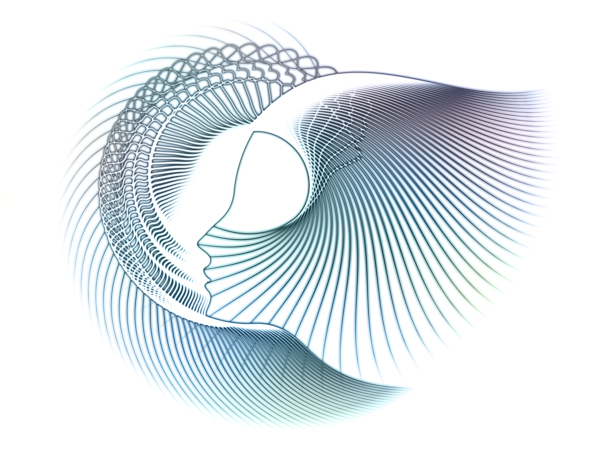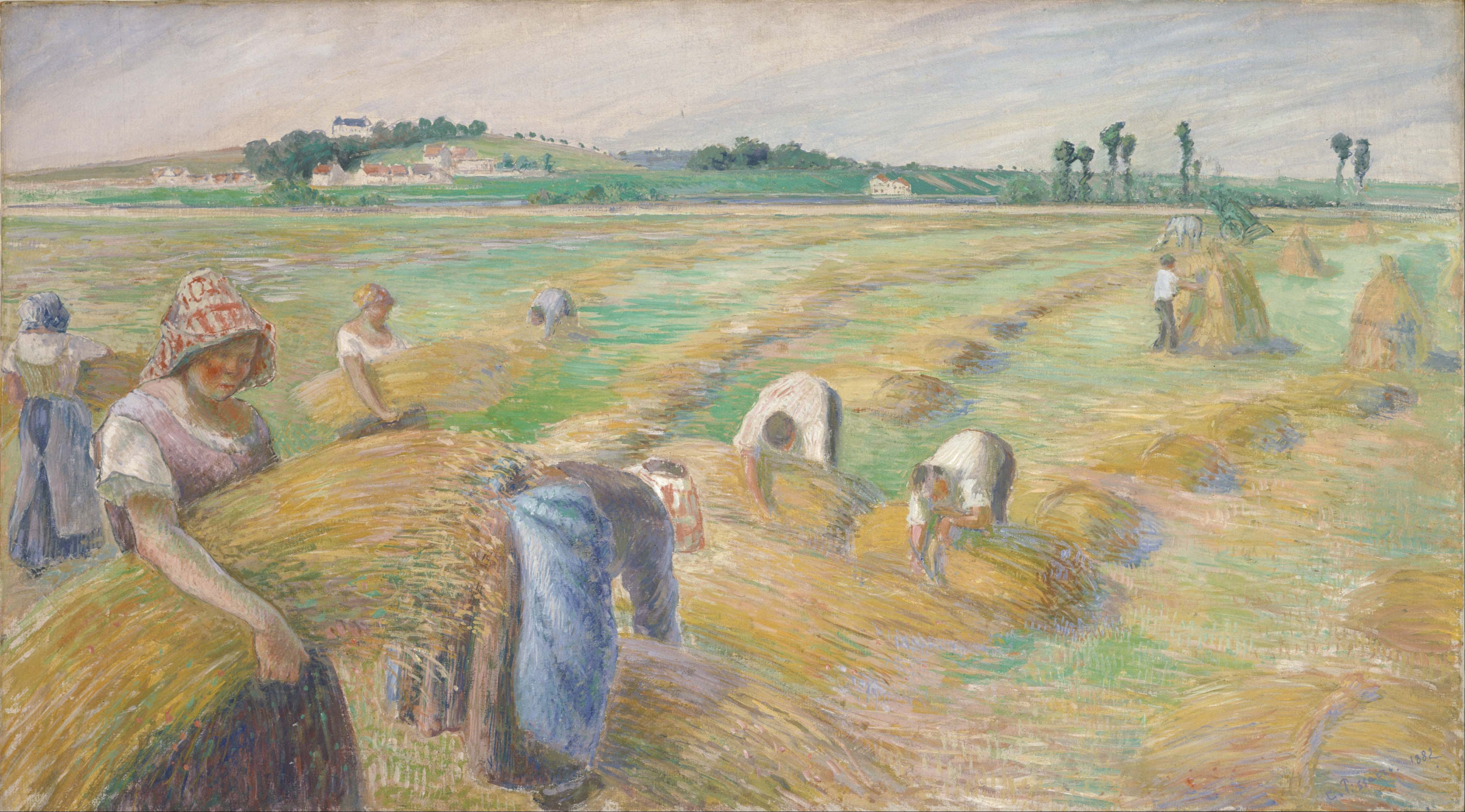
THE Most Fragile and Vulnerable Element of the Great Teachers Seminar Process
Without a doubt, the 'in-between' times in a Great Teachers seminar event are the most loved, most hated, most resisted, and one of the more controversial elements of the seminar process, particularly with regard to event coordination. Here's why.
First, the idea of a block of time in an educational seminar specifically for teaching faculty that is open and undefined seems to fly in the face of logic. What a waste of time. How could an administrator defend sending someone to a conference where each breakout and sessional block of time is not clearly defined, vetted, and properly facilitated by a knowledgeable academe.
Second, how could any time whereby education pedagogy and instructional knowledge was not clearly and visibly being dispensed be of any value? Consider the Law of Reversed Effort (The Backwards Law):
“The harder we try with the conscious will to do something, the less we shall succeed. Proficiency and the results of proficiency come only to those who have learned the paradoxical art of doing and not doing, or combining relaxation with activity, of letting go as a person in order that the immanent and transcendent unknown quantity may take hold. We cannot make ourselves understand; the most we can do is to foster a state of mind, in which understanding may come to us” - Aldous Huxley
To simplify the law of reversed effort, here is a quote from the writer Alan Watts:
“Muddy water is best cleared by leaving it alone” - Alan Watts
The notion that the effort to professionally learn and develop must be being constantly expended by either a presenter and/or participants is simply faulty. The more an activity is designed or contrived to bring about specific learning with predefined, target outcomes and with sole intent of increasing the knowledge base of the learner, the less chance that those outcomes may actually materialize.
David Gottshall himself states it this way in his original NGTM document.
"There is a significant amount of 'free' time. The amount and timing of free time is very important and variable. It is provided to allow for further discussion, informal follow-up and private reflection. The mind must unboggle from time to time. Some of the best learning and realization occurs during the unscheduled times, during recreation and excursions."
SET-UP PREDICATE
David doesn't really expound on his statement but I will. More specifically the sentence, "The amount and timing of free time is very important and variable.".
The entire seminar process itself is an example of modeling an approach to teaching and learning in the classroom. Just as instructional transparency is essential to successful classroom management, setting up participant expectations at the beginning of a seminar are equally critical. Some detailed explanation of the in-between times are first introduced as an oddity of the seminar format the during the initial full group gathering.
It is at this juncture that the lead facilitator explains the amount, purpose, and timing of those periods of formal withdrawal from seminar activities and provides context for the unscripted time blocks. It represents not only a move  towards simplicity of process but allows for the void of time which presents itself as an untapped, predictable, deliberate, and available opportunity for personal and professional growth. That void in time and space is mist-like; emerging in small, discreet instances that are fleeting and ripe for harvesting in temporal packets of chance.
towards simplicity of process but allows for the void of time which presents itself as an untapped, predictable, deliberate, and available opportunity for personal and professional growth. That void in time and space is mist-like; emerging in small, discreet instances that are fleeting and ripe for harvesting in temporal packets of chance.
As mentioned in a previous post, David discontinued the use of the term 'free time' in his later years of conducting seminars as it was never intended to be free in the sense that there was no directive or mission for participants. Always lurking in the background was the expectation that participants escape the flurry of seminar small groups, particularly after the first full day of intense discussions and sharing of the innovation and problem papers. The need to unboggle and let the muddy waters settle was consistently acknowledged and promoted in his original seminar process.
So what became known in Great Teachers as the Y'all Jump Rule (always and predictably stopping formal group activities at 3 PM each day) insured that at that optimal point in the day when people naturally wanted to go walk, nap, and just decompress, they were able to do so and knew in advance that the opportunity existed. In that way it becomes a certain, anticipated, and desired time to reflect and rest as the "cup holdeth so much" and its contents must processed and digested. So the in-between times become part of the rigid, minimal structure of the seminar itself.
Small group discussions are intense and much information is shared amongst those teachers who have as little in common with each other as possible. This adds to the tension as it can take substantial focus and deliberate thought to listen to someone speak from a perspective that is not native to the listener. Unscripted in-between times allow participants the chance to add socio-emotional depth to their networking, personalize seminar meaning, and/or explore more metacognitive thoughts regarding their performance in their classroom as the GTS is conducted as a first person experience.
SOURCES: https://www.innerdilation.com/inner-workings-of-reality/2017/10/2/law-of-reversed-effort-the-backwards-law, 28 FEB 2019. Graphic used with permission and for non-commercial use. Andrew Ostrovsky. https://www.deviantart.com/agsandrew. Harvest graphic source: https://commons.wikimedia.org/wiki/File:Camille_Pissarro_-_The_Harvest_-_Google_Art_Project.jpg#filelinks is licensed under CC BY 2.0. Additional notes and thoughts contributed by Dave Sherrill, Conductor of the National Great Teachers Seminar help on the Big Island of Hawaii.